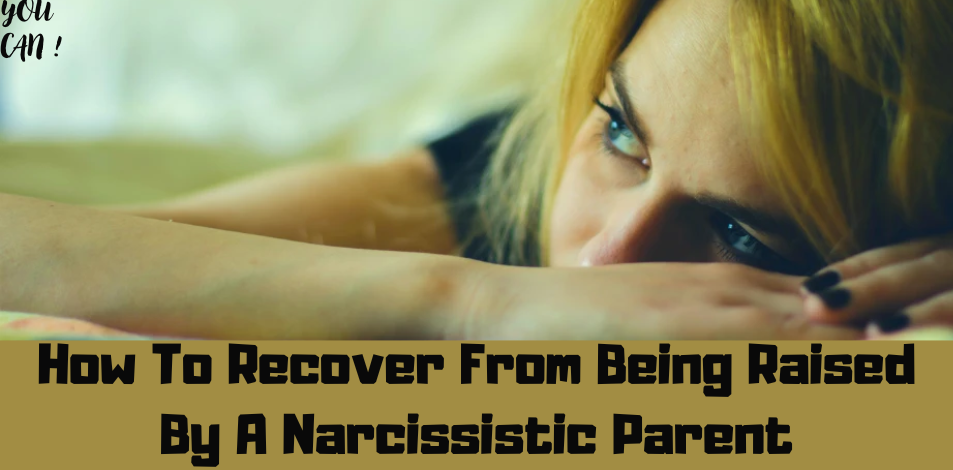
One of the oldest clichés about parenting is that we begin to have a new respect and compassion for our parents when we raise our children.
If you chose to read this post, your experience would likely have been very different. You probably already had a sense that your parents were eccentric—unusually self-absorbed and unconcerned with your needs—but it wasn’t until you had your children that you began to fully realize the significance of their indifference.
In short, there is something in the experience of raising children that has broken through long-term denial and rationalization into the disturbing realization that you were the victim of profound childhood neglect at the hands of a narcissistic parent.
As a clinical psychologist, it is my experience that although these reactions are deeply troubling, they can pave the way to self-understanding and even healing.
The past decade has seen an influx of research on the profound negative psychological effects of child neglect, as well as abuse, leaving victims vulnerable to adult-onset depression, alcohol abuse, anxiety, suicide, and risky sexual behavior.
Children’s psychological needs can be neglected for a variety of reasons, including parental addiction, family breakdown, poverty, violence, and serious mental illness.
But in my experience, the effects of emotional neglect by narcissistic parents are particularly damaging and difficult to acknowledge, let alone overcome.
This is partly because neglect is generally justified and normalized by parents according to inherent personality characteristics that are very confusing to the developing child.
Such a child will likely grow up believing that his or her needs are not important and that the parents’ treatment was appropriate and loving.
The child may also engage in self-blame for feeling a lack of love and appreciation toward the (outwardly caring) narcissistic parent.
The hallmark of the narcissist is an almost exclusive interest in and focus on self-aggrandizement or enhancement. The narcissistic personality is organized around the need to deflect, neutralize, or cancel out feelings of shameful diminishment.
Related: 11 Ways Narcissists Use Shame To Control You
We are all familiar with feelings of shame, a universal experience of feeling inferior, damaged, or bad. Unlike guilt, where remorse for actions that may have harmed another person can enhance efforts to make amends or apologize to the harmed person, the experience of shame tends to be private and non-social.
Characteristic defenses against shame, such as anger, envy, or blaming others, are essentially alienation and are expressed through conflict or avoidance.
For the narcissist, relationships are dominated by the theme of self-enhancement. They tend to look for others who will provide attention and admiration.
Thus, the other parent may have adapted to life with the narcissist by learning to reinforce a stream of amplified input, while protecting and making excuses for his or her vulnerability to criticism.
Young children provide little prosperity currency for the narcissistic parent. Needy and helpless, the child’s needs may be viewed as a burden. Worse still, the child’s needs may spark resentment by reminding the narcissistic parent of what he failed to have in his childhood.
In the spectacle of new parents interacting with their newborns, we witness how well evolution has shaped our inherent concern and concern for our children’s needs. Bowlby emphasized the crucial importance of early experiences with caregivers in shaping the future ability to establish relationships and internalize a stable, positive sense of self – “secure attachment.”
Of course, evolution does not require the impossible. Appropriate education does not require complete compatibility with the child’s needs.
In fact, through the failure of cyclic attunement and subsequent repairs, the child develops internal emotional self-regulatory resources. However, parenting requires a drive to care and the ability to empathize with the child’s needs and reactions.
The narcissistic parent presents several characteristics that are incompatible with secure attachment scenarios:
The basic principle of the narcissistic mean is that any opposition to the assumption that the parent is healthy and free from fault or imperfection is unacceptable.
The developing child gradually realizes that the narcissistically structured family psyche will not recognize or recognize the apparent contradiction of his perceptions and reactions with the sanctioned parental narrative.
Linehan has referred to this situation, where the child’s experiences and emotions are effectively labeled as wrong or out of bounds, as an “emotionally invalid environment.”
Related: How To Spot A Narcissist Immediately On A First Date
The implications of growing up in an emotionally dysfunctional narcissistic family environment are myriad, depending on biology, attachment outcome, gender, and specific developmental experiences. The narcissistic parent’s attention may range from overt neglect and disinterest to intrusive efforts to control the child by the narcissistic parent’s needs.
An example of the latter is loading a child with parental fears, resentments, or intimate concerns. The contraindication will continue into adulthood.
The accomplishments or achievements of the now-adult child will not be recognized or rejected to the extent that they arouse the envy of the narcissistic parent. The lack of recognition will accumulate, making it difficult for the adult child to internalize a sense of pride.




